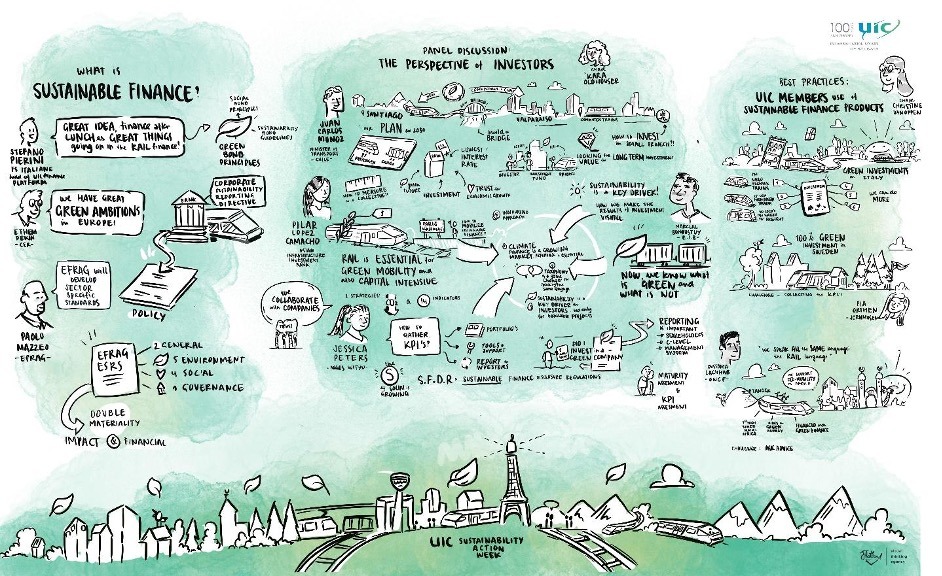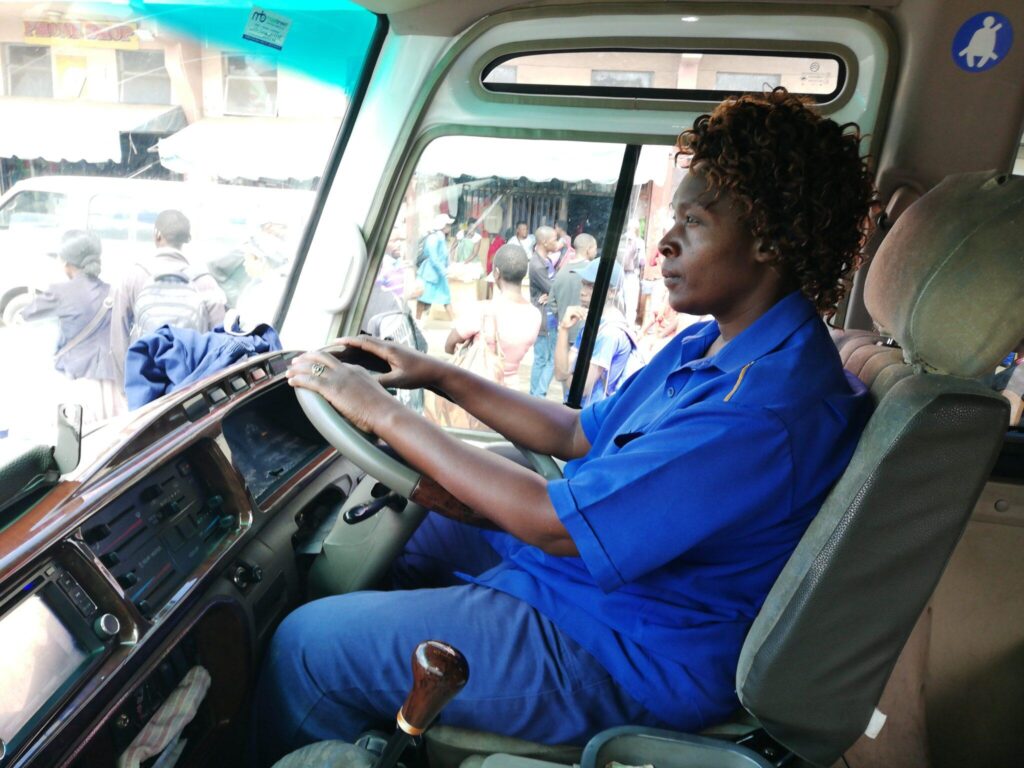Background
COP27 echoed growing calls to reform the international financial system to channel more funding toward climate projects. These discussions included rising pressure on multilateral development banks (MDBs) and the nations that act as their shareholders to implement reforms with the aim of ‘substantially increasing climate finance.’ These discussions were emphasised in the COP27 outcome text, which “calls on the shareholders of multilateral development banks and international financial institutions to reform practices and priorities, and align and scale up funding, … and encourages MDBs to define a new vision and commensurate operational model, channels and instruments that are fit for the purpose of adequately addressing the global climate emergency.”
Against this backdrop, an increasing number of MDBs have committed to align future investments with Paris Agreement targets; yet, this approach does not explicitly address crucial sustainable development goals. International financial institutions (including MDBs), must therefore define lending policies based on climate and sustainability criteria, and incipient efforts on Paris Agreement-alignment and Sustainable Development Goals (SDGs)-alignment should be scaled up and accelerated. Further, aligning transport, equity, climate, health and energy in interventions enables both decarbonisation and equitable access for all; thus, Paris- and SDGs-aligned investments should support the just transport transition and green jobs. Finally, there is a need to call out ambition needs and gaps through an inter-modal lens (e.g. the Avoid-Shift-Improve framework), and thus a broad range of stakeholder perspectives is required to contribute toward a true “gold standard” for transport investment.
The SLOCAT blog series, “Towards a Gold Standard for Transport Investment,” is intended to bring together these broad perspectives. The series will feature a range of experts and change makers who are powering the sustainable, low carbon transport revolution by advancing adequate financing to reach the scale of decarbonisation of the transport sector necessary to achieve Paris Agreement targets. Collectively, these blogs present a multi-stakeholder space for peers to exchange ideas and explore further opportunities for collaboration.
Blogs

Benjamin Simmons and Michail Kapetanakis, International Institute for Sustainable Development (IISD)

Lucie Anderton and Joo Hyun Ha, International Union of Railways (UIC)
Other Resources



